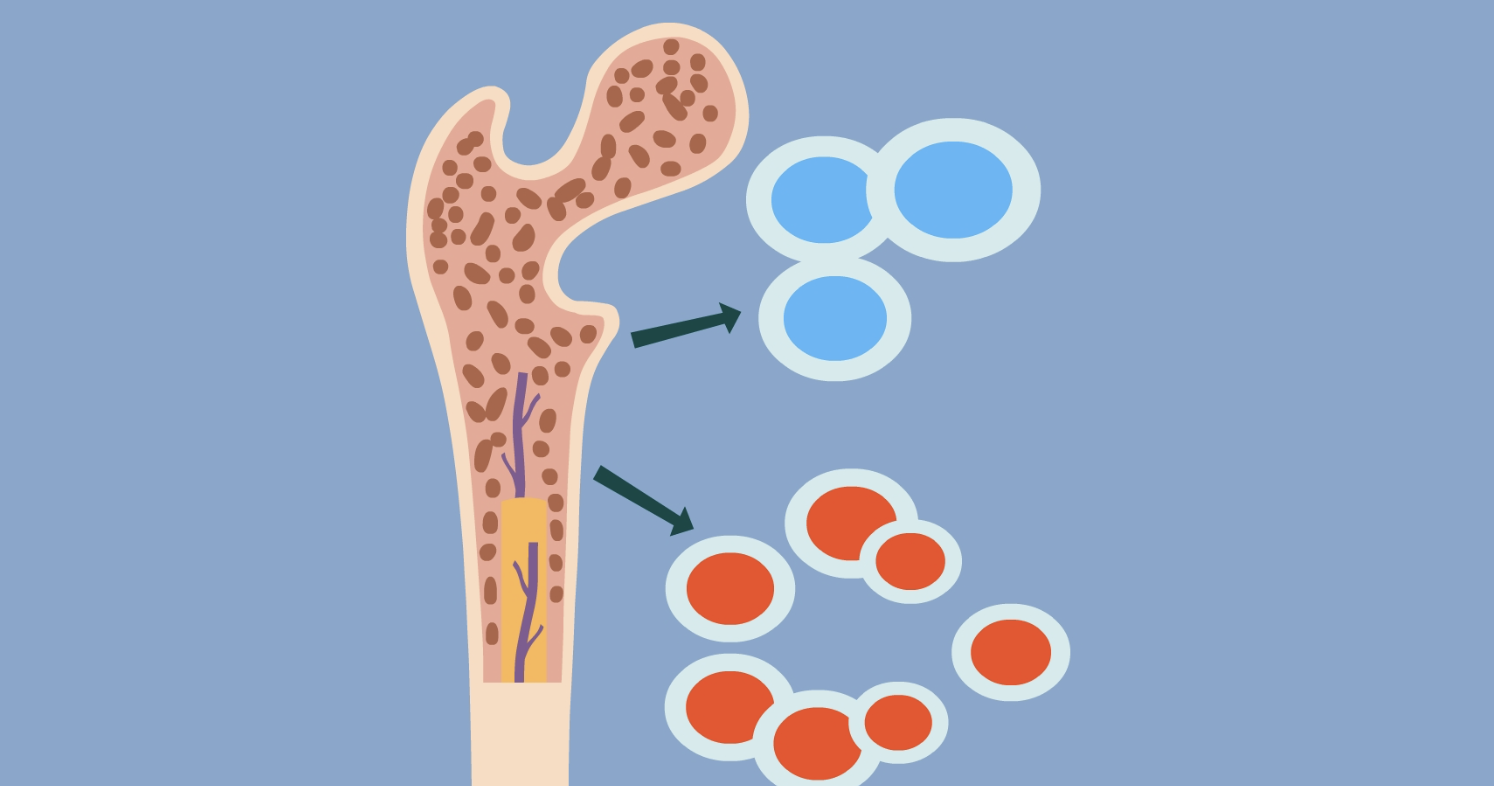Medical
For Fatal Rhabdomyosarcoma, New Atr Inhibitors May Hold Therapeutic Promise
Alveolar rhabdomyosarcoma is a rare but very deadly childhood tumour, and for more than 40 years there have been no new advances in the treatment of this disease. Recently, a study led by Professor Anton Henssen of the Charité University of Berlin has identified a promising new treatment for the disease.

Alveolar rhabdomyosarcoma is a rare but very deadly childhood tumour, and for more than 40 years there have been no new developments in the treatment of this disease.

This study, led by Professor Anton Henssen of the Charité University of Berlin, has found a promising new treatment.
The researchers observed that alveolar rhabdomyosarcoma cancer cells have high levels of DNA damage and are more dependent on DNA damage repair than non-cancerous cells. In a new treatment, drugs can block the DNA repair of cancer cells and thus force them to die, making this a new treatment option for patients.

Diagram of the DNA damage repair pathway
"When we tested the drug in mice transplanted with alveolar rhabdomyosarcoma, we found that the ATR inhibitor had very strong anti-tumour activity," says Professor Anton Henssen. Based on these data, a new clinical trial in the US is currently enrolling patients to test the drug in paediatric solid tumours, including alveolar rhabdomyosarcoma.
Drug resistance is often an important factor in the fight against cancer, and when it occurs, it means that previously effective drugs will no longer be able to control the tumour. Researchers are now trying to find ways to combat resistance to ATR inhibitors to further improve the treatment of alveolar rhabdomyosarcoma.
Further reading
Clinical research into newer drugs that can block cancer cells from repairing their DNA has actually been steadily progressing in recent years.
In 2020, the Institute of Cancer Research (ICR) and the Royal Marsden Cancer Centre conducted a clinical trial testing Berzosertib alone or in combination with chemotherapy for the treatment of patients with advanced cancer. The results showed that half of the 40 patients involved in the trial had their cancer cells stop growing and two of them had their tumours disappear completely!
Berzosertib, which was used in the trial, is one of the ATR inhibitors mentioned above, specifically to clean up the ATR protein, the bad guy that helps cancer cells to repair their DNA.

Royal Marsden Cancer Centre
In this study, the benefit was even more pronounced in patients who had received chemotherapy, with 15 out of 21 people in stable condition, one patient with bowel cancer whose tumour disappeared on Berzosertib alone, and one woman with advanced ovarian cancer whose tumour shrank after receiving Berzosertib in combination with chemotherapy.

In conclusion, the future of ATR inhibitors, a new type of "targeted drug", may have a wide range of tumours that could benefit patients with ovarian cancer, bowel cancer, sarcoma and other solid tumours.
-
![]()
![]() MedicalDec 24, 2024
MedicalDec 24, 2024Intestinal flora can help the human body resist virus infection
-
![]()
![]() MedicalDec 23, 2024
MedicalDec 23, 2024New Treatment Effective In Up To 73% Of Multiple Myeloma Patients!
-
![]()
![]() MedicalDec 22, 2024
MedicalDec 22, 2024Why excimer laser can treat myopia
-
![]()
![]() MedicalDec 21, 2024
MedicalDec 21, 2024More Significant Survival Benefit For Non-Small Cell Lung Cancer Patients Under 55 Years Of Age, Also Using Immunotherapy!
-
![]()
![]() MedicalDec 20, 2024
MedicalDec 20, 2024New Study: Nmn Supplementation Activates Longevity Proteins To Reduce Stem Cell Senescence And Restore Mitochondrial Function




